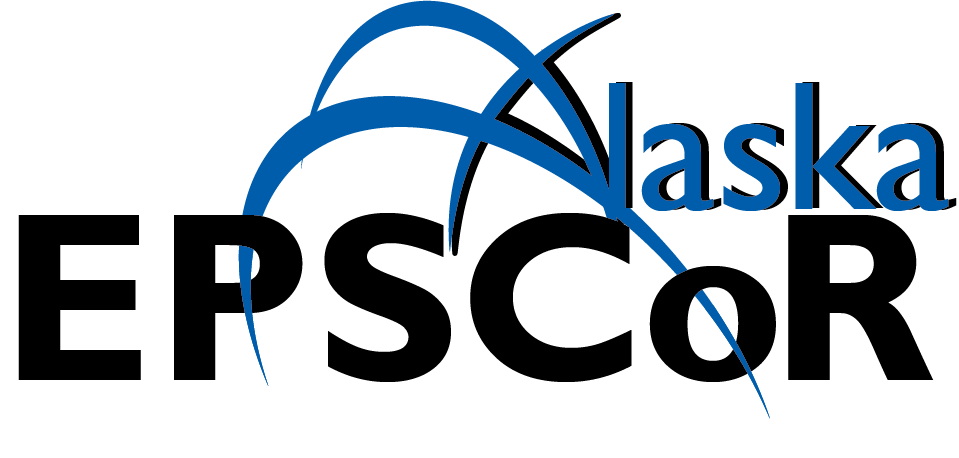Collaboration Agreement
The Fire & Ice Collaboration Agreement (also available as a PDF) establishes processes and methods to ensure an open and collaborative atmosphere over the life of the Alaska NSF EPSCoR Fire & Ice (F&I) project. The agreement is a living document and will be modified as necessary to reflect changing circumstances over the life of the project.
Conflicts of Interest: The National Academy of Sciences notes that "a conflict of interest in research exists when the individual has interests in the outcome of the research that may lead to a personal advantage and that might therefore, in actuality or appearance, compromise the integrity of the research." Team members will identify and address potential conflicts of interest through the appropriate Office of Research Integrity for their campus.
- Authors and co-authors communicate early and often about roles and responsibilities
- Papers often have many co-authors, due to the collaborative nature of the research
- Working group members are proactive about their interest in participating in manuscripts, and lead authors are open to involvement of others
- Authorship is inclusive (including students), but avoids honorary authorships
For an individual to qualify as co-author, they must make at least two of the contributions listed below (people who contribute in one category should be noted in the acknowledgments):
- Conceived of the idea for the manuscript
- Designed the manuscript
- Supervised organization of the project and manuscript
- Performed research, such as data collection, analysis or modeling
- Contributed new methods or models
- Drafted figures and tables
- Wrote parts of the manuscript
- Performed critical content reviews (not just spelling and grammar checking)
- Acted as cultural liaison; obtained permissions; reviewed for appropriateness to all cultures involved in study
- Directly shared knowledge or expertise; aided in or provided documentation or translation
- Made other contributions not listed above
Researchers will comply with all expectations regarding research data imposed by the NSF and detailed in the F&I Data Management Plan. These include:
- Agree to share data with team members
- Maintain data confidentiality in accordance with existing standards and requirements when handling personal or culturally sensitive information, or personally or community identifiable information
- Make research data available for access and reuse via the EPSCoR data portal where appropriate and under appropriate safeguards
- Offer and assess research data are for deposit and retention in appropriate disciplinary data services, and make any data retained elsewhere discoverable through the Alaska EPSCoR portal
- Do not provide research data to commercial interests without retaining rights to make the data openly available for reuse
- When working with stakeholders, determine in advance who collects, owns, manages, evaluates, and disseminates the data to allow projects to proceed with a shared understanding of data governance and ownership
- Comply with deadlines, metadata requirements, and citation policies as outlined in the Data Management Plan
For more information, consider:
- Leading Transdisciplinary Projects Addressing Social-Ecological Systems: A Primer for Project Directors
- Collaboration and Team Science Field Guide
- Responsible Conduct of Research training
- National Academies of Sciences Integrity in Scientific Research
- Principles for Conducting Research in the Arctic

